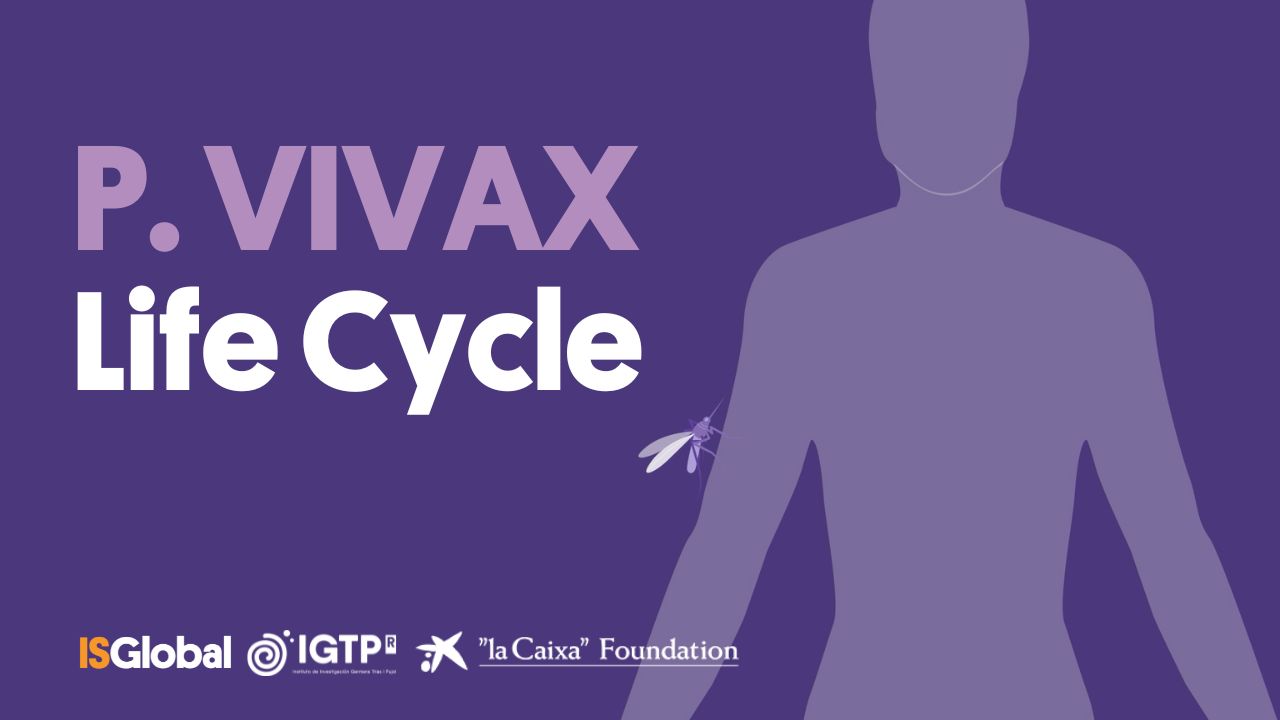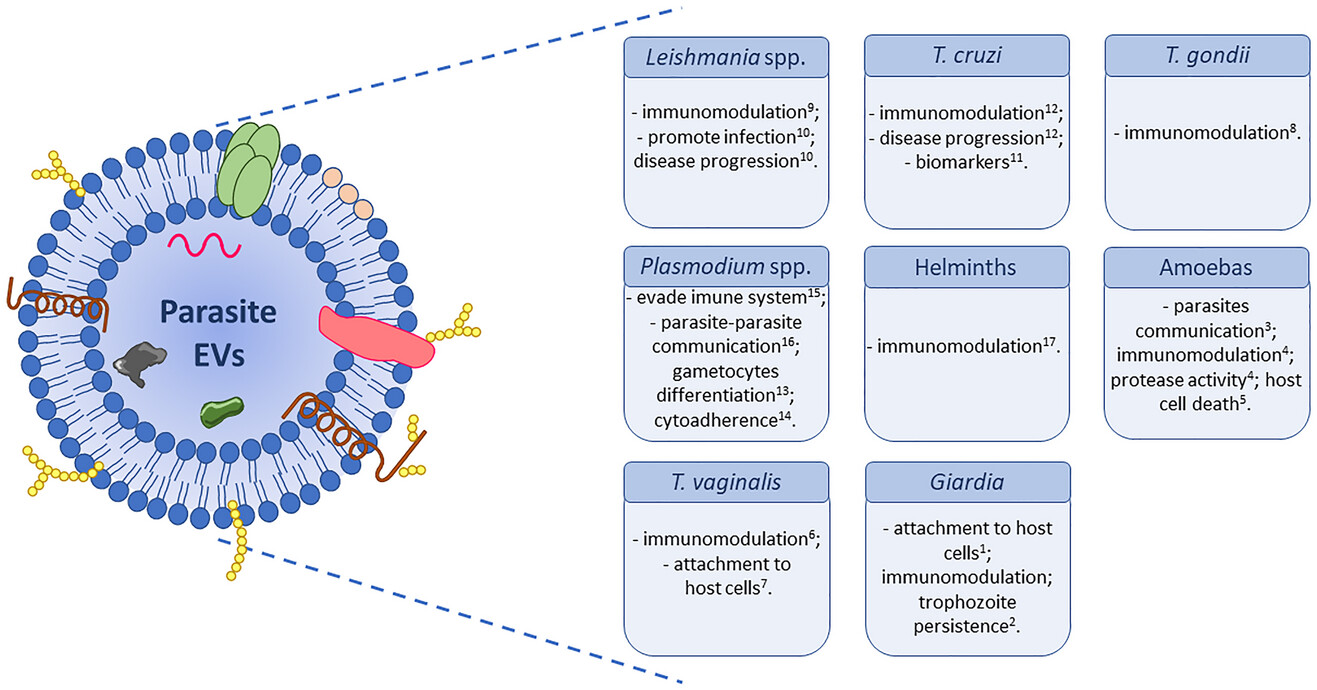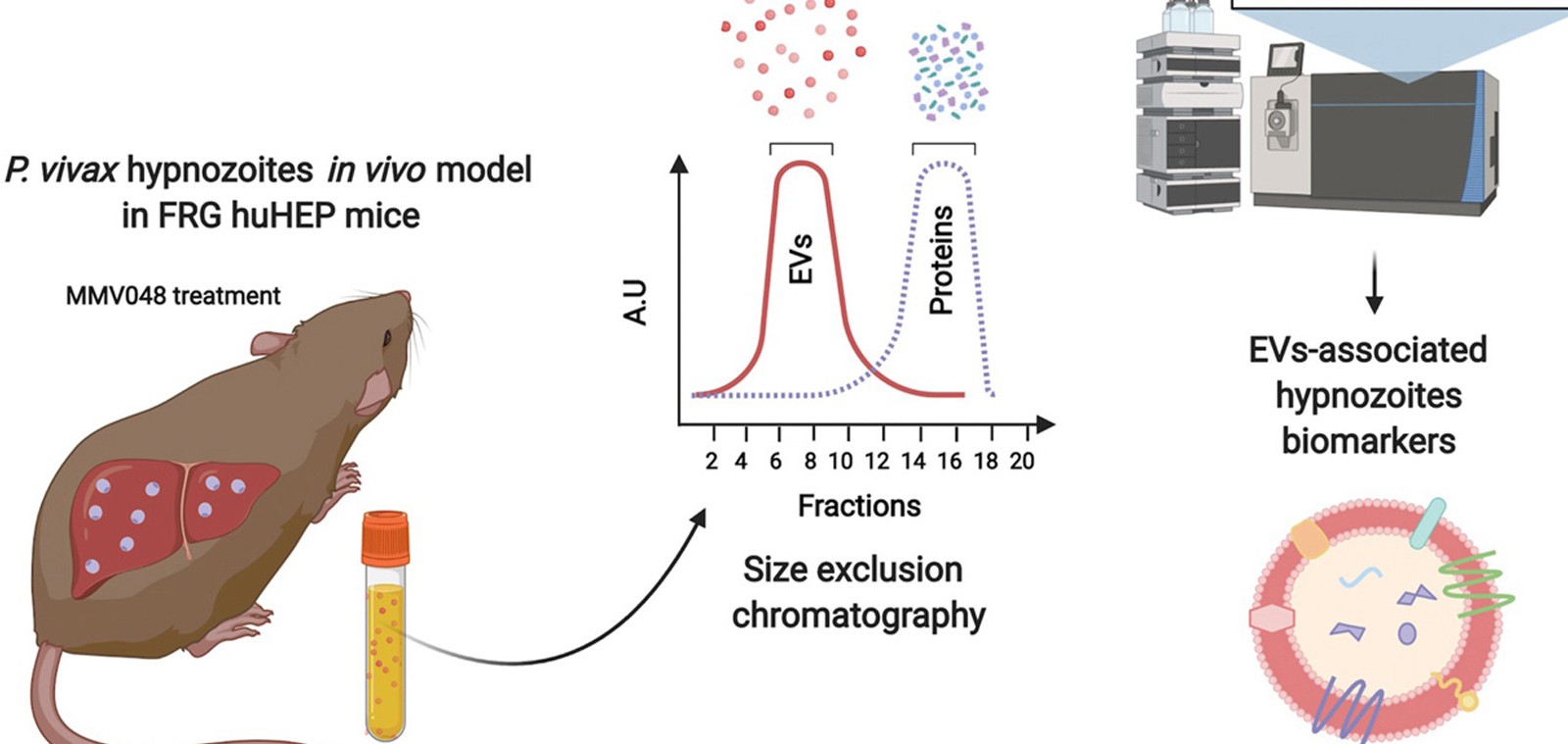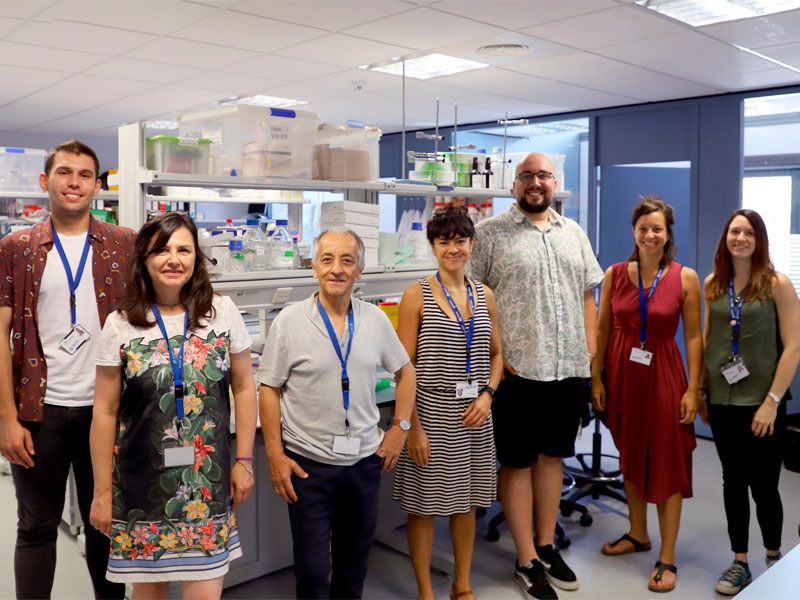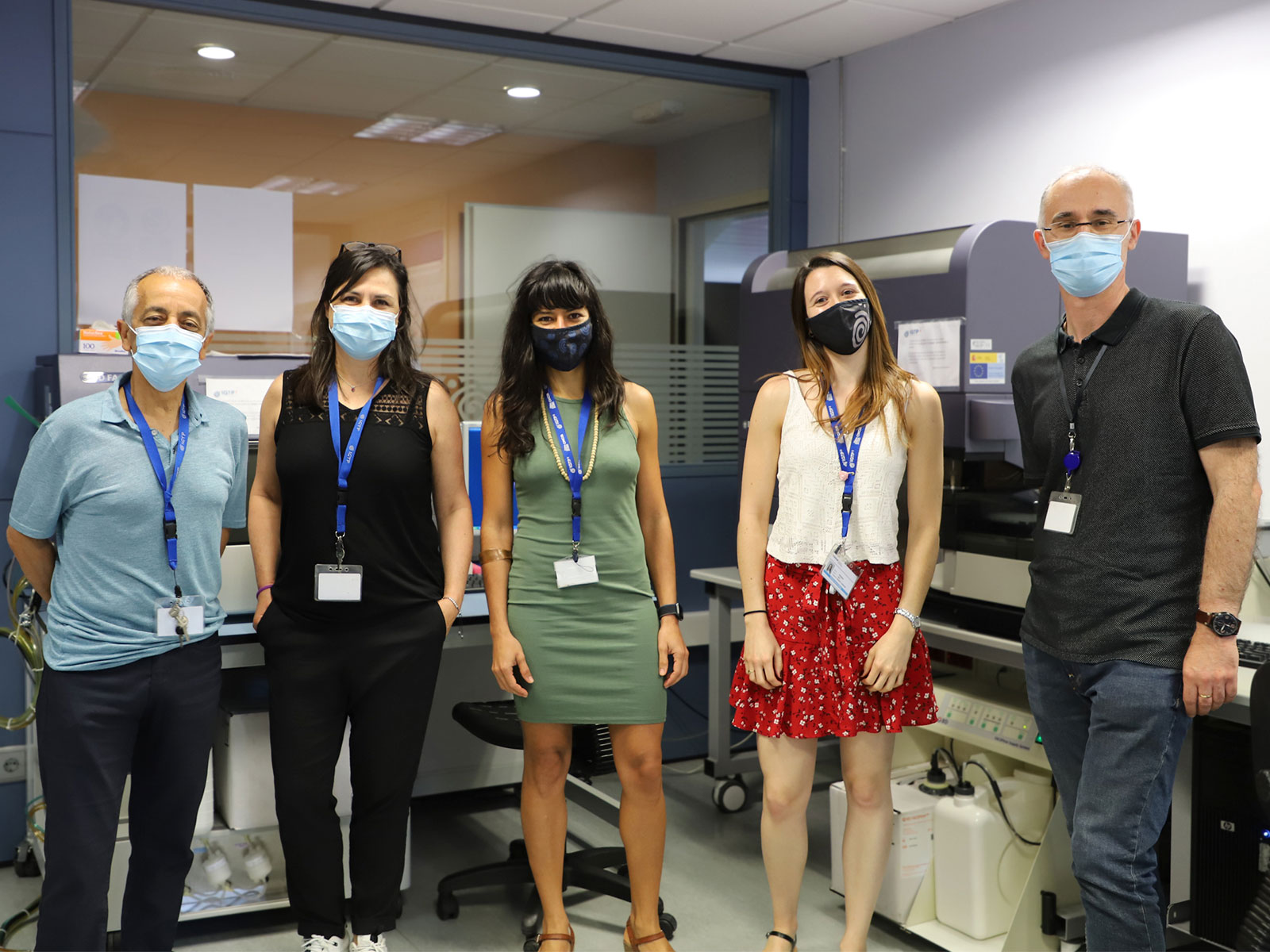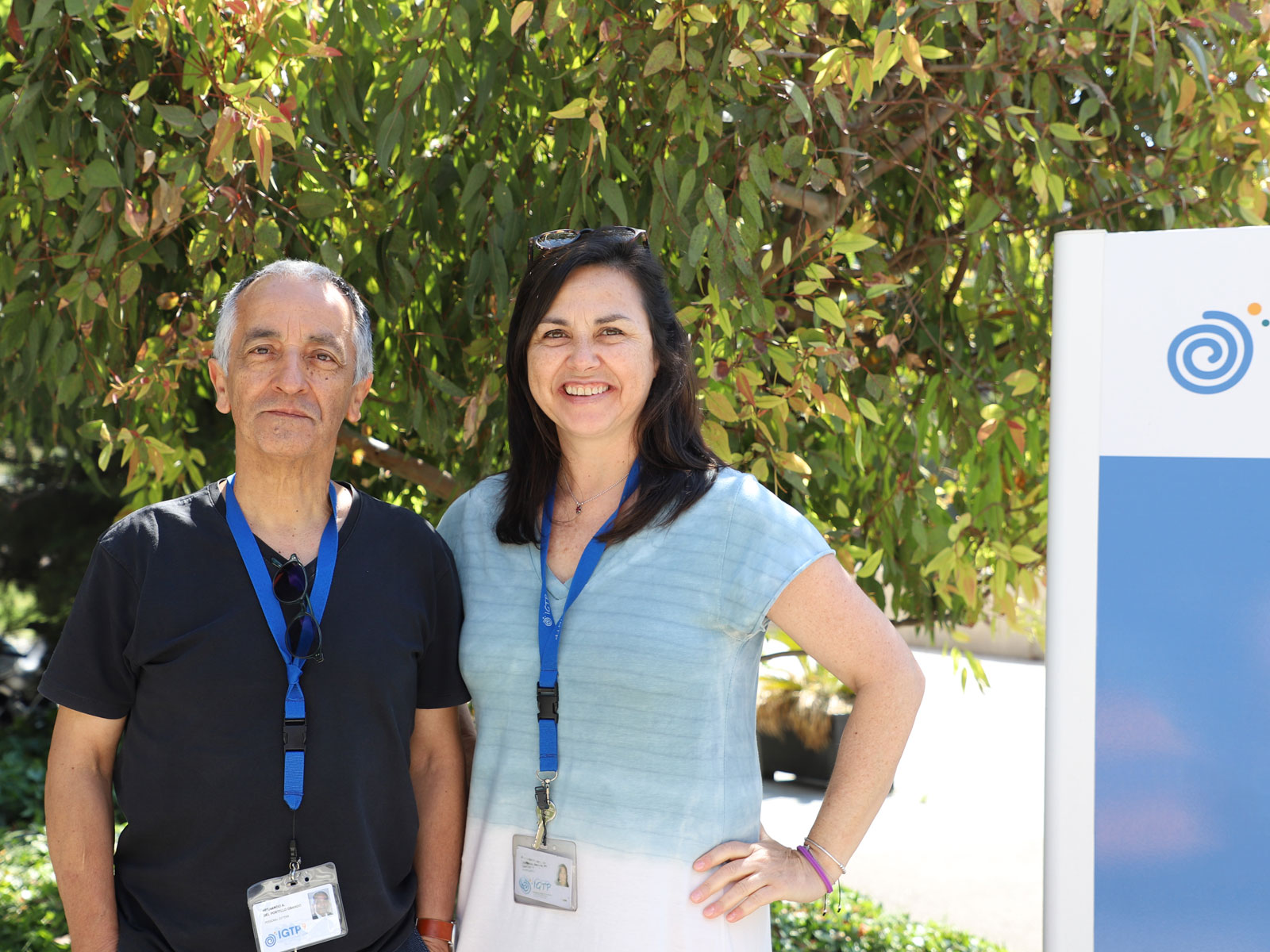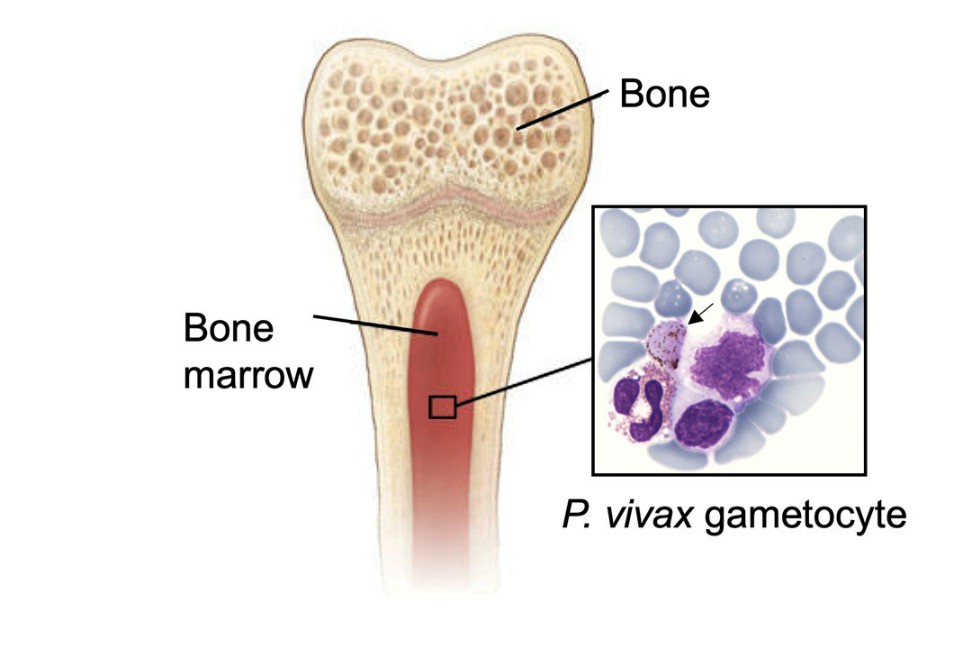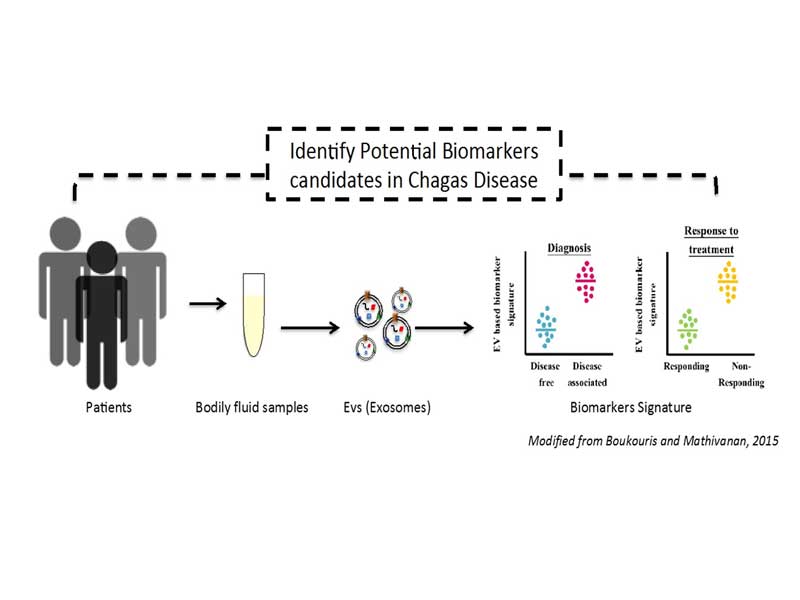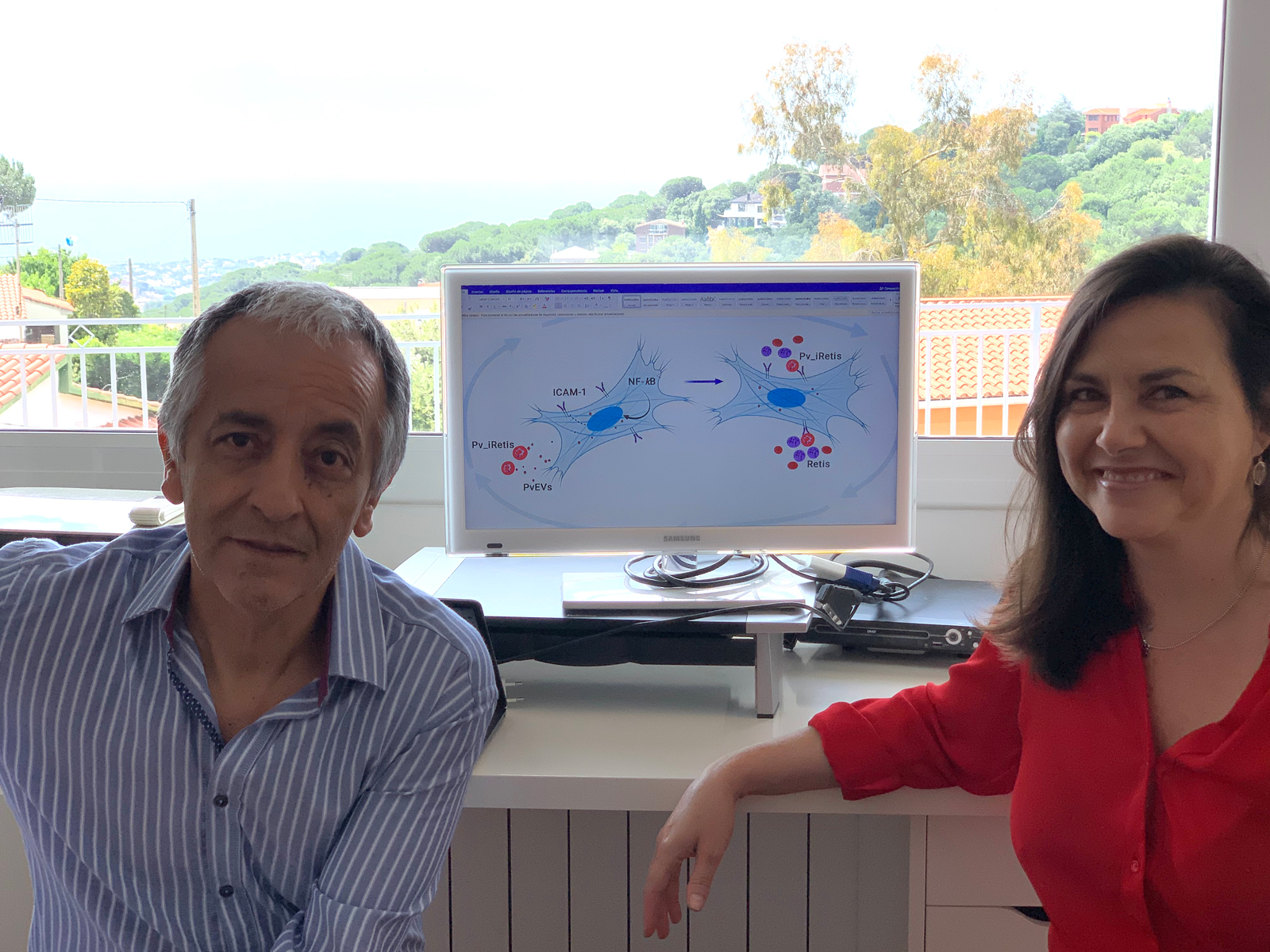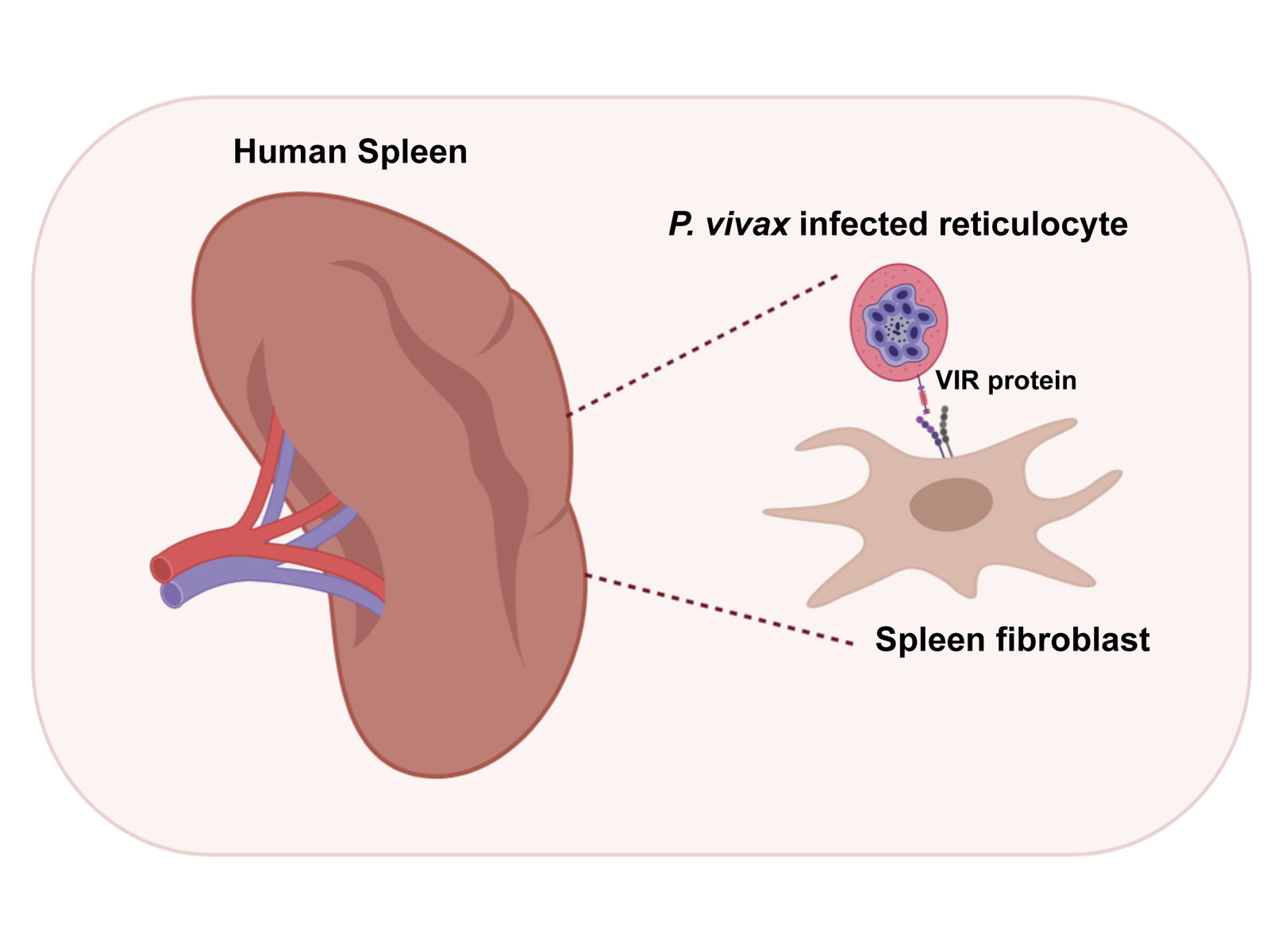VIDEO: Life Cycle of 'Plasmodium vivax': Highlighting New Cryptic Erythrocytic Stages
To better understand the complexity of P. vivax infections, the CaixaResearch project "Novel organ-on-a-chip technology to study extracellular vesicles-mediated cryptic infections in Plasmodium vivax malaria" has produced this video to disseminate key insights into cryptic erythrocytic infections. The initiative is led by Hernando A del Portillo and Carmen Fernandez-Becerra, group leaders of the Plasmodium vivax and Exosome Research Group (PvREX) at the Barcelona Institute for Global Health (ISGlobal) and the Germans Trias i Pujol Research Institute (IGTP) in Spain.
